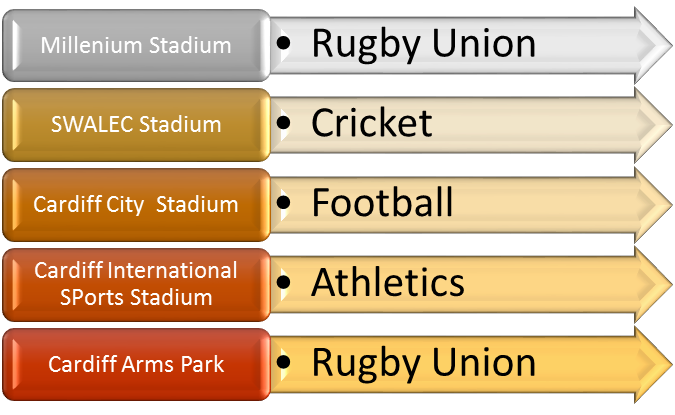Course Content
Introduction to Service Operation Practice
- Define Service Operation
- Scope and objective of Service Operation
- Service Operation Context in service lifecycle
- Fundamental and business value of service operations
Principles of Service Operations
- Maintain balance in service operation
- Good services
- Operations staff involvement in another stage of lifecycle
- Operational health
- Documentation
- Communication and its type
- Input and Output of Service Operation
Introduction to Event Management
- Define Event Management Process
- Objectives and Scope
- Key Concepts and Terminologies
- Policies and Principles
- Methods and Principles included in the processes
- CSFs and KPIs
- Risk and Challenges
Introduction to Incident Management Process
- Define Incident Management Process
- Objective and Scope
- Business value
- Key Concepts and Terminologies
- Policies and Principles
- Methods and techniques
- CSFs and KPIs
- Risks and Challenges
Introduction to Problem Management Process
- Define Problem Management Process
- Objective and scope
- Key Concepts and Terminologies
- Policies and Principles
- Methods and techniques
- CSFs and KPIs
- Risks and Challenges
Introduction to Requirement Fulfillment Process
- Define Requirement Fulfilment Process
- Key concepts and Terminologies
- Policies and Principles
- Methods and techniques
- CSFs and KPIs
- Risks and Challenges
Introduction to Access Management Process
- Key concepts and Terminologies
- Policies and Principles
- Methods and techniques
- CSFs and KPIs
- Risks and Challenges
Introduction to Service Operation Activities
- Controlling and monitoring a service
- IT Operations
- Management and Support of Server and Mainframe
- Directory Services Management
- Desktop and Mobile Device Support
- Middleware and Internet Management
- Manage Network
- Storage and Archive
- Database Administration
- Facilities and Data Center Management
- Enhancement of Operational Activities
Service Desk Function
- Effective Organisational Structure
- Roles and Objectives
- Outsourcing the Service Desk
- Supporting the Service desk
Technical Management Function
- Scope
- Roles and Objectives
- Relationship between Technical Design and Technical Management and Supporting
- Measure Technical Management
- Management Documentation
- Roles supporting Technical Management
IT Operations Management Function
- Roles and Objectives
- Purposes
- Measure IT Operational Management
- Management of Documentation of IT operations
- Supporting roles for IT Operations Management
Applications Management Function
- Roles and Objectives
- Application Management Principles
- Lifecycle of Application Management
- Measuring Application Management
- Documentation for managing Applications
- Roles supporting Applications Management
Service Operation Organisational Structure
- Approaches for organising functions
- Benefits and Limitations of each organisational approach
Technology and Implementation Considerations
- Generic Technology Considerations
- Technologies for managing Event
- Technologies for managing Incident
- Technologies for managing Problem
- Technologies for fulfilling Request
- Change Management in Service Operation
- Service Operation and Project Management
- Assess, Manage and Control Risk in Service Operation
- Involvement of Operational Staff in Service Design and Service Transition
- Planning and Implementing Service Management Technologies
- Access Management Technologies
- Service Desk Technologies
- Challenges of Service Operation
- CSFs of Service Operation
- Risks of Service Operation

 ENQUIRE
ENQUIRE
 REQUEST CALLBACK
REQUEST CALLBACK
 GET A FREE QUOTE
GET A FREE QUOTE


 Introduction
Introduction Course Details
Course Details Course Content
Course Content






 London
London